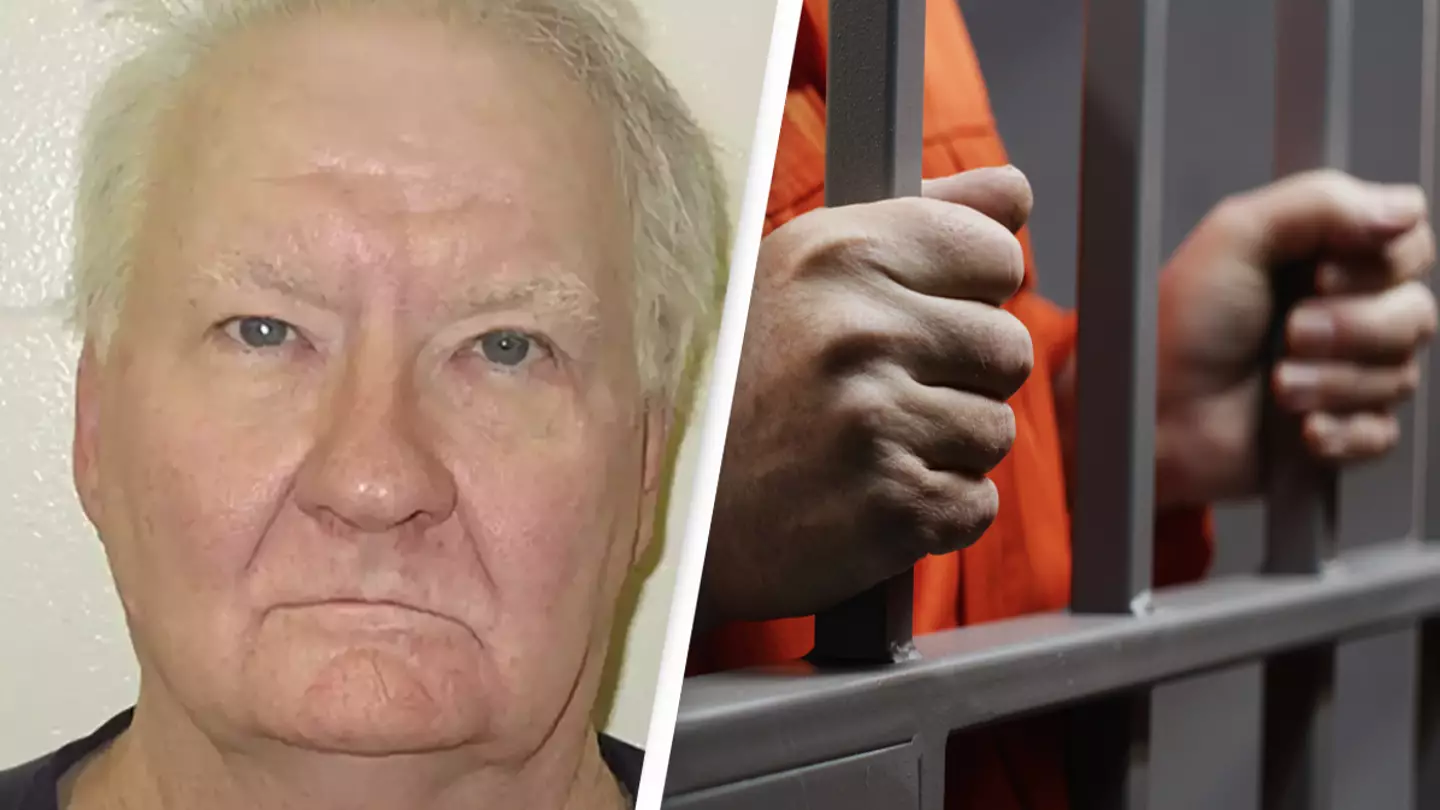An inmate who ‘died’ while serving a life sentence before later being resuscitated has argued he should not have been returned to prison. At first glance, his argument might seem reasonable—until you consider the severity of his crimes. Benjamin Schreiber brutally murdered John Terry with a pickaxe handle, a crime he had calculatedly planned. Despite his heart briefly stopping, this grim act doesn’t warrant a ‘get out of jail free’ card.
This shocking incident occurred in 1996, and a year later, Schreiber was convicted of first-degree murder and sentenced to life in an Iowa prison. He had sinisterly collaborated with the victim’s girlfriend, Evelyn Tangie, to commit the murder before disposing of Terry’s body outside a trailer.

On the night of the murder, July 27, 1996, Schreiber, Terry, and Tangie were drinking at a friend’s home. Later that evening, Schreiber and Tangie returned without Terry, and Schreiber brashly confessed to having ‘beaten the crap out of John Terry,’ claiming Terry would ‘not be hurting anyone else.’ Terry’s lifeless body was eventually discovered in a vacant trailer in rural Wapello County.
Years later, in 2015, Schreiber’s health declined when he developed kidney stones that led to septic poisoning, causing him to lose consciousness and be hospitalized. During his hospital stay, his heart stopped and he was resuscitated five times. Once stabilized, he was returned to prison.
Following his recovery, Schreiber argued that his ‘life sentence’ should be considered served, asserting he was resuscitated against his will despite having a ‘do not resuscitate’ order. His brother even instructed medical staff to let him pass if he was in pain, but not to intervene otherwise.
.webp)
However, the courts found Schreiber’s claim that he had served his life sentence when he ‘died’ unconvincing. The case escalated to the Iowa Court of Appeals, where Schreiber argued he was being held illegally and demanded his release. Nevertheless, Justice Amanda Potterfield expressed that the law’s intent was not to release criminals whenever medical intervention during incarceration led to resuscitation.
Justice Potterfield remarked, “Schreiber is either still alive, in which case he must remain in prison, or he is actually dead, in which case this appeal is moot.” Ultimately, Schreiber’s argument was dismissed as unpersuasive and without merit.
Schreiber eventually passed away last year at Unity Point Medical Center in Fort Dodge due to natural causes, marking the end of a contentious and unusual legal battle over the nature of a life sentence.

